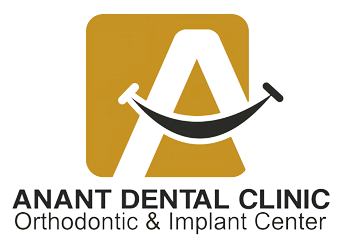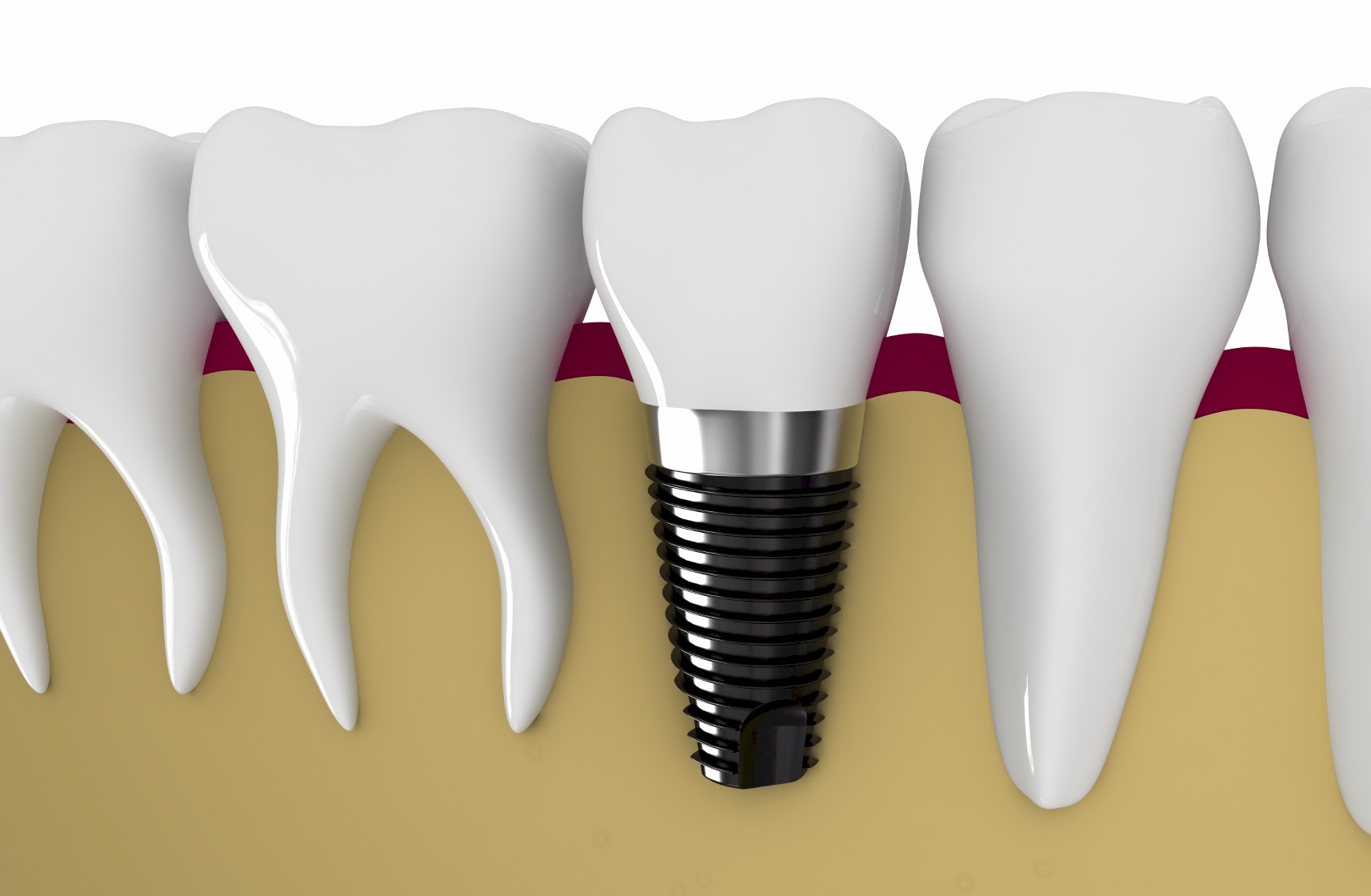We have already seen about what dental implants are and how they are the best solution for tooth replacement that dentistry can offer today. Nevertheless, there might be quite a few questions in your mind before you consider getting implants to replace your missing teeth. So I am writing this post considering the most frequently asked questions regarding dental implants. Some of the points might be repeated from previous blogs to make this post comprehensive. Read on!
- What are dental implants?
- A. Dental implants are titanium metal structures, shaped like a human tooth root, to be inserted into the jawbone surgically. It supports and holds one or more false teeth over it.
- Why should you replace your missing teeth?
- 1) If teeth are missing it decreases yourability to chew. Food is not broken down into small pieces and thus it affects your general health as well
2) Loss of teeth creates a gap. If not replaced, then adjacent and opposite teeth will try to migrate and close the gap. Thus damage is caused to the bone, gums and alignment of adjacent teeth.
3)Without teeth the jaw bone shrinks in that area causing loss of support of gums leading to a shrunken face appearance and reduction of bone volume. If dental implants are placed, it gives the bone stimulation and growth of bone is preserved.
4)Your teeth are your smile! There is no need pointing out that gap in place of missing teeth looks unnatural and unpleasant.
- Do dental implants hurt?
- The surgical process of placing implants requires lifting the gum. This is done after giving a painless injection local anaesthesia. There might be slight discomfort for 2-3 days after the procedure due to normal healing process, however the implant placement procedure itself is painless.
- What is the success rate of dental implant surgery?
- implants are well established, tried-and-tested treatment. Over 95% of modern implants should last for many years with the right care.
- What is the treatment time?
- Your tentative treatment schedule will be discussed before starting treatment. The whole process takes around 3-4 months. However, it may take 6 months depending on your bone quality or even less than one month (called as immediate implants, but these are indicated in selected cases only).
- What happens after the implant is placed in the jaw?
- After the dentist has placed the implants in your mouth, the healing process starts and takes about 3 to 6 months to complete, depending on your bone type. Sometimes less than that or more time may be needed. For that time period you will be given a temporary tooth/teeth which will be changed later on. At no time during the treatment will you be without teeth.
After completion of healing a permanent tooth can be fixed over the implant in 2-3 appointments
- What if complications occur?
- Rarely it may happen that the implant does not integrate with your jaw bone, meaning it does not get fixed with the bone and hence starts to move and may come out. In such cases the implant can easily be removed and normal healing takes place. After that a new implant can be placed or an alternate treatment option might be considered.

